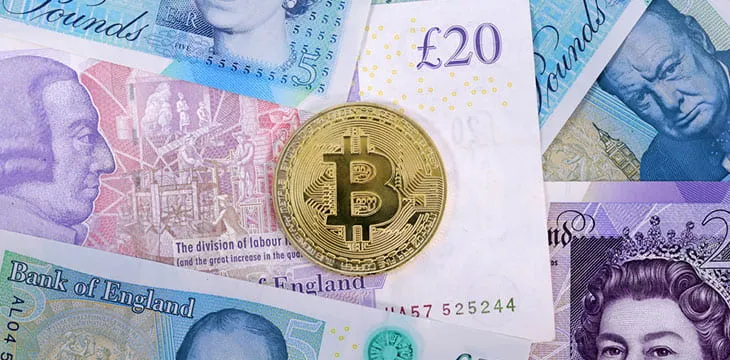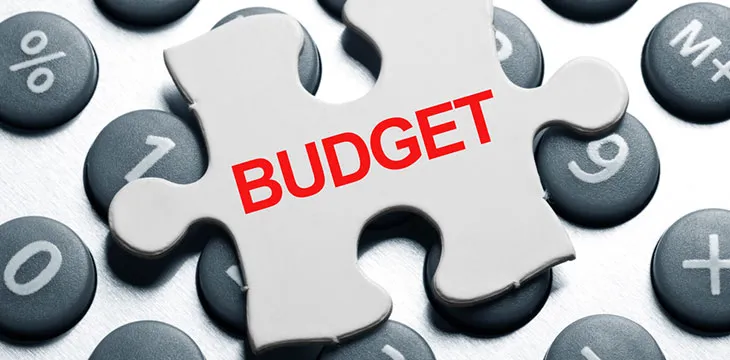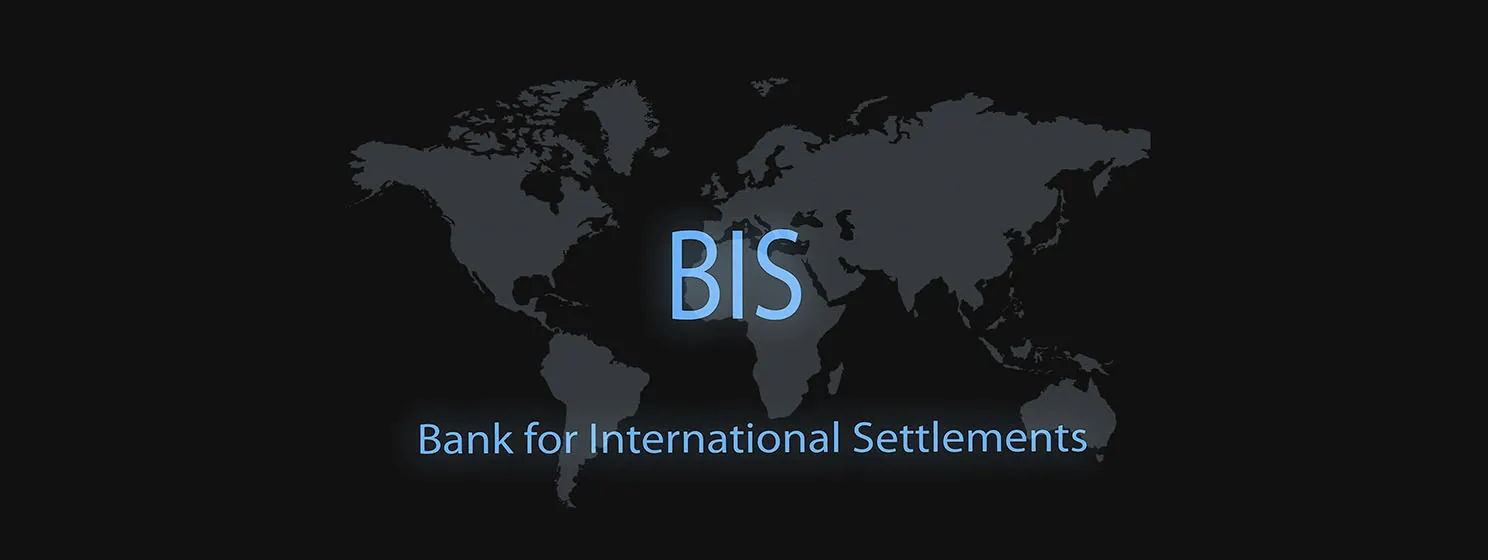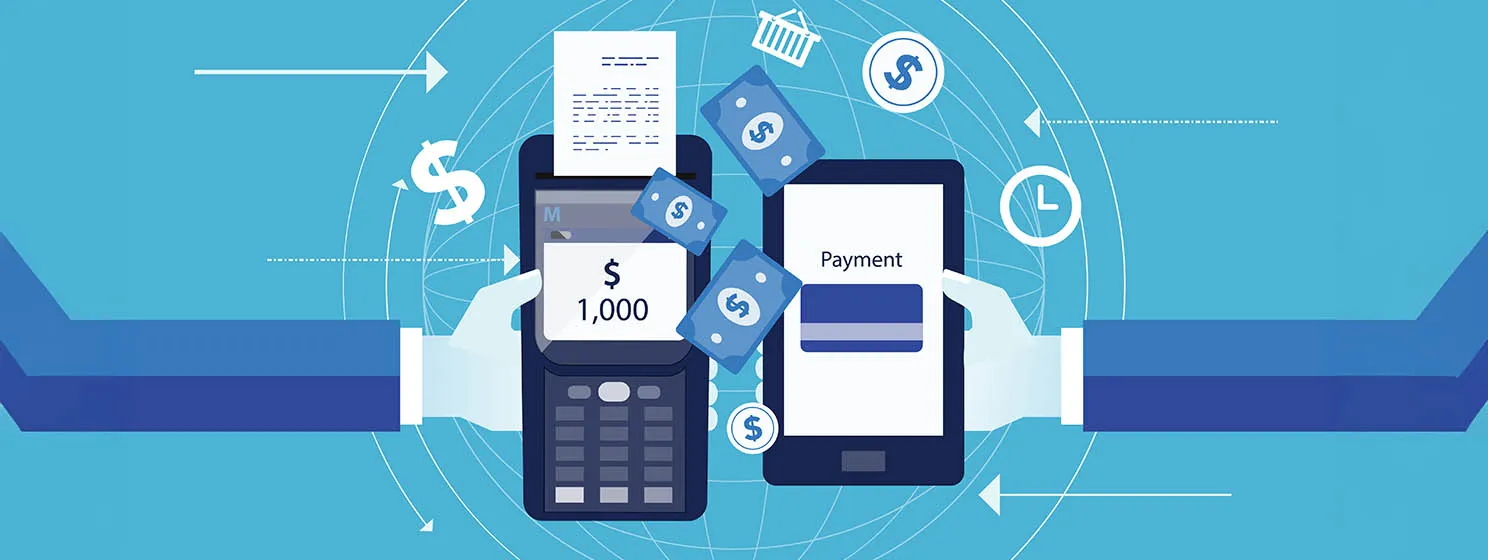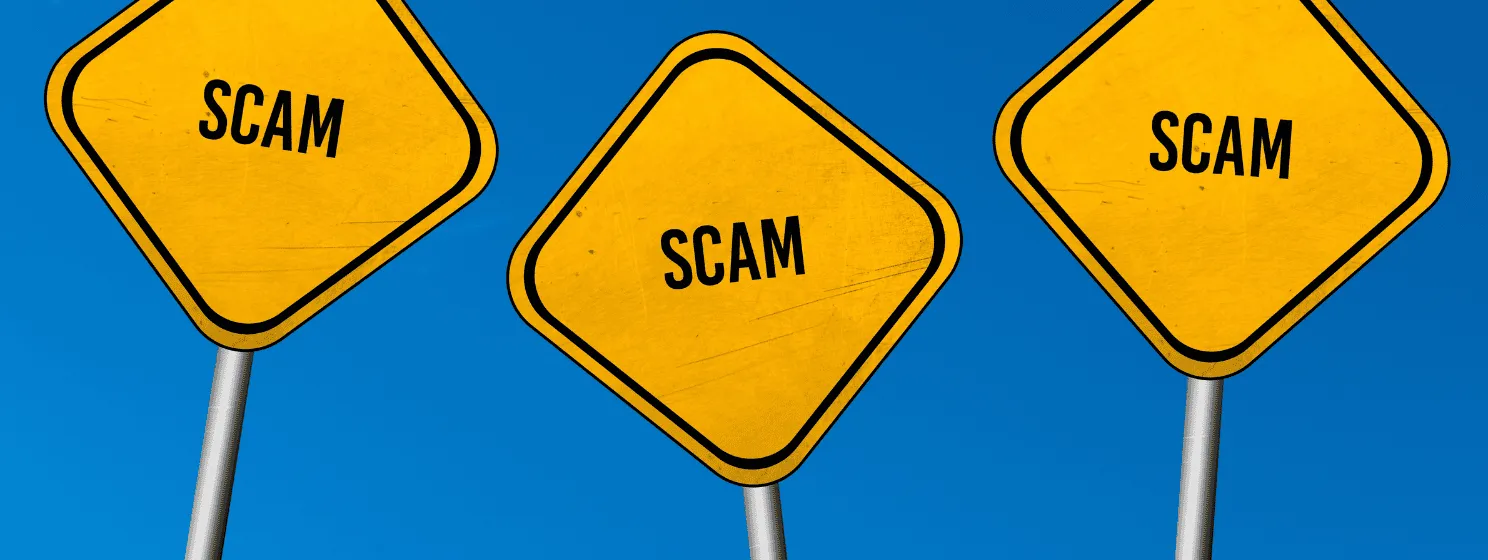
Taxation
UK adds digital asset tab in tax declaration forms
Chancellor of the Exchequer Jeremy Hunt revealed while reading the budget that digital assets will now be identified separately in...
Thailand to waive up to $1B in taxes for investment tokens: report
Thailand has become a digital asset hub, and in order to promote this growth, the government will waive VAT and...
Rationalized India tax regime to bring down TDS—Digital currency experts hopeful for Union Budget 2023
India’s Finance Minister presented the Union Budget for 2023-24, but the question is will the government change its existing taxation...
Italian parliament approves 26% gains tax on digital assets
Italy has found a way to cope with existing crises plaguing the country—by enacting a 26% capital gain on digital...
India tax regulator seeks info from digital asset exchanges as it considers imposing GST: report
Other information sought by the CBIC includes the transaction fees charged by exchanges and details of other services rendered, like...
Brazil’s Rio de Janeiro to allow digital asset tax payments
Rio de Janeiro Mayor Eduardo Paes announced the initiative in March, saying it was the city’s attempt to attract the...

 06-30-2025
06-30-2025 
